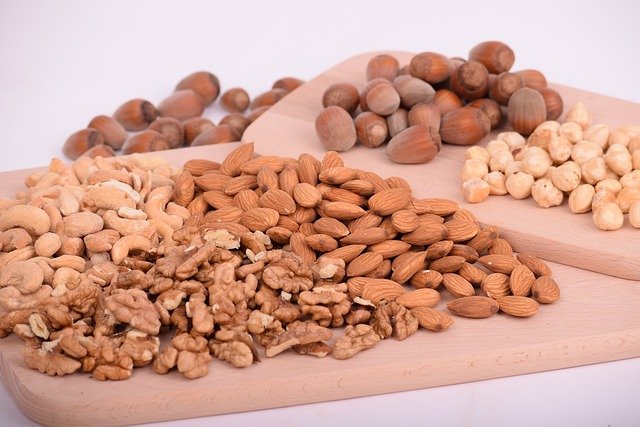A nutritious diet is important for preventing malnutrition in all of its manifestations, as well as a variety of noncommunicable diseases (NCDs) and disorders. However, dietary trends have shifted as a result of increased manufacturing of processed foods, rapid urbanization, and changing lifestyles.
Individuals are eating more foods that are heavy in energy, fats, free sugars, and salt/sodium, and many people aren’t eating enough fruit, vegetables, and other dietary fiber like whole grains.
Individual attributes (e.g., age, gender, lifestyle, and level of physical activity), cultural background, locally accessible foods, and dietary habits all influence the composition of a diversified, balanced, and nutritious diet. The fundamental concepts of what defines a healthy diet, however, have not changed.
Individual eating patterns evolve through time, impacted by a variety of social and economic factors that interact in a complicated way to affect them. Income, food prices (which affect the availability and affordability of nutritious foods), personal tastes and beliefs, cultural traditions, and geographical and environmental considerations are all elements to consider (including climate change). As a result, creating a healthy food environment – including food systems that encourage a diversified, balanced, and nutritious diet – necessitates the participation of a wide range of sectors and stakeholders, including government, as well as the public and private sectors.

Governments have a critical role in fostering a healthy food environment that encourages people to develop and maintain good eating habits.
The fundamentals of healthy eating
While some extreme diets may suggest otherwise, maintaining a healthy body requires a mix of protein, fat, carbohydrates, fiber, vitamins, and minerals in our diets. You don’t need to eliminate certain food groups from your diet instead, choose the healthiest selections from each group.
Protein gives you the energy to get up and go—and stay up—while also boosting your mood and cognitive function. People with kidney illness may be harmed by too much protein, but new evidence suggests that many of us, especially as we age, require extra high-quality protein.That doesn’t imply you should consume more animal products; a range of plant-based protein sources throughout the day can provide your body with all of the essential amino acids it requires.
Fat-Fat isn’t all the same. Good fats protect your brain and heart, but poor fats can ruin your diet and increase your risk of certain ailments. Healthy fats, such as omega-3 fatty acids, are essential for your physical and emotional well-being. Increasing your intake of good fats can improve your mood, well-being, and even help you lose weight.
Fiber – Grains, fruit, vegetables, nuts, and beans are abundant in dietary fiber, which can help you keep regular and reduce your risk of heart disease, stroke, and diabetes. It can also help you reduce weight and enhance your skin.

Calcium – Not having enough calcium in your diet can cause anxiety, melancholy, and sleeping problems, in addition to osteoporosis. It’s critical to incorporate calcium-rich foods in your diet, minimize calcium-depleting foods, and obtain adequate magnesium and vitamins D and K to help calcium perform its job, regardless of age or gender.
Carbohydrates are one of your body’s primary energy sources. However, rather than sugars and refined carbs, the majority of your carbs should come from complex, unrefined carbs (vegetables, whole grains, and fruit). Cutting less on white bread, pastries, carbs, and sugar will help you avoid quick blood sugar spikes, mood and energy swings, and fat accumulation, particularly around your midsection.
Making a healthy diet
Switching to a healthy diet doesn’t have to be a one-size-fits-all approach. You don’t have to be perfect, you don’t have to eliminate all of your favorite foods, and you don’t have to make drastic changes all at once—doing so frequently leads to straying or abandoning your new eating plan.
Making a few tiny modifications at a time is a preferable approach. Maintaining modest goals will help you achieve more in the long run without feeling deprived or overwhelmed by a drastic diet change. Consider a healthy diet as a series of tiny, attainable actions, such as including a salad in your diet once a day. You can gradually add additional healthy options as your minor modifications become habitual.
success up yourself in healthy diet
Keep things simple to increase your chances of success. It doesn’t have to be difficult to eat a healthier diet. Instead of obsessing over calorie counts, consider your diet in terms of color, variety, and freshness. When possible, stay away from packaged and processed foods in favor of more fresh ingredients.
reference-help guide websites ,WHO,Wikipedia
adoptinghealthy- healthy diet

